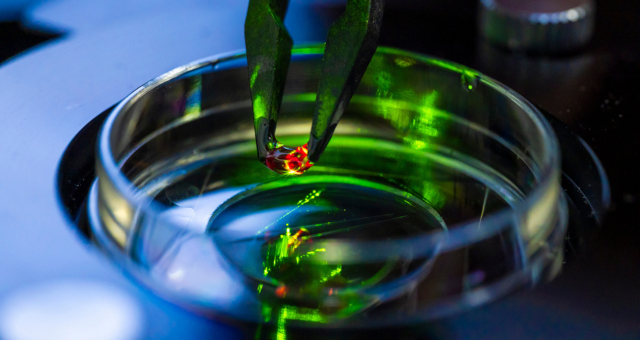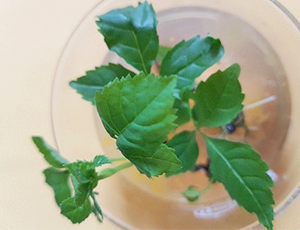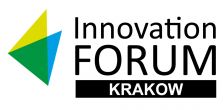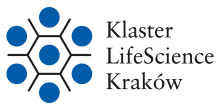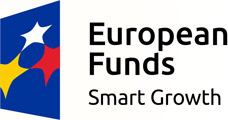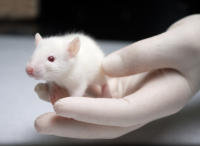
Primary Biliary Cholangitis (PBC) is a chronic liver disease characterised by a slow, progressive destruction of the intrahepatic bile ducts. Progression of this disease leads to the development of fibrosis, cholestasis, and in some cases even cirrhosis. Although the disease is classified as autoimmune, there are still no specific causal factors leading to its development. Environmental factors such as air pollution, toxin exposure or infectious agents in combination with genetic susceptibility are considered promoters of PBC development. The disease most often manifests itself by a feeling of chronic fatigue and itching of the skin, which makes PBC difficult to diagnose. Its characteristic feature is also the fact that 90% of its cases are women. In the absence of a liver transplant, the average survival time from the diagnosis is approximately 16 years in asymptomatic individuals and approximately 7 years in symptomatic individuals.
Animal models of PBC are commonly used to understand the aetiology of the disease, the course of disease processes, and to test new potential drugs. These models can be divided into genetic, environmentally influenced or caused by a bacterial infection. Desirable features of the PBC model are: the presence of the disease mainly in females, increased plasma concentration of amyloid P component (AP) and gamma-glutamyltransferase (γGT), the presence of antimitochondrial autoantibodies (AMA) and anti-nuclear autoantibodies (ANA) in plasma, chronic inflammation of the bile ducts, the formation of granulomas in the liver, slow progression of the disease from bile duct atrophy, liver fibrosis and the presence of reactive CD4 and CD8 cells in the liver. None of the known PBC models meets all the criteria listed above, so new models of this disease are still being sought. One new contending model is an invention from the Jagiellonian University which comprises this offer. The subject of the offer is a new mouse model of primary biliary cholangitis and its use to test the therapeutic indication of compounds for the treatment of PBC.
The PBC model is characterised by:
- incidence of 100% in subjects tested;
- features of the disease already possible to be identified in new-borns (primary nature of the disease);
- rapid and gradual development of the disease (full-blown disease in individuals aged 6 weeks old) characterized by:
- no evidence of hepatocyte necrosis;
- changes in bile ducts that eliminate autoimmune hepatitis;
- slight inter-subject variability;
- bile duct destruction;
- an incomplete layer of epithelial cells in the walls of the bile ducts, and a reaction in the liver
of perivascular and interstitial fibrosis accompanied by inflammatory (lymphocytic) infiltration in the area of the affected bile ducts;
- increased plasma concentrations of IgG and IgM;
- a long lifespan of animals whilst retaining regular blood cell values;
- preservation of fertility in mice.
The subject of the offer extends to a proposition of a method of selecting active compounds for the treatment and / or prevention of primary biliary cholangitis comprising of: (a) administering the tested active compound to mice affected by primary biliary tract cholangitis, (b) measuring the mouse's response to the active compound tested, (c) comparing the response obtained to a devised control model, and (d) selecting the active compound based on observed differences between groups.
The offered solution is subject to a patent application. Further work in its development is carried out by scientists from the Faculty of Biochemistry, Biophysics and Biotechnology and Jagiellonian Centre for Experimental Therapeutics (JCET), Jagiellonian University. Currently Centre for Technology Transfer CITTRU is looking for partners to cooperate with, to commence further commercialisation of this innovation, particularly with purchasing a license for the described PBC model and its application.

information / broker of Jagiellonian University


